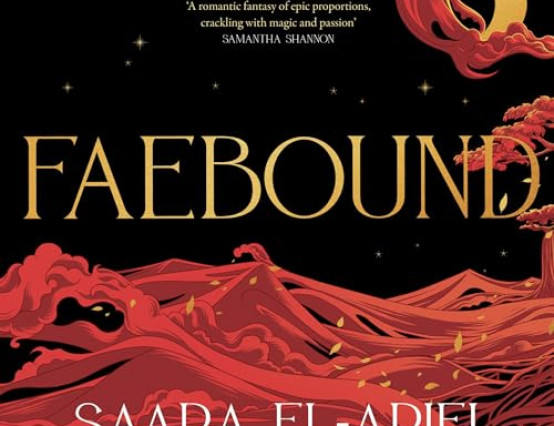Published at the beginning of this year, The Rib King is the prequel to Ladee Hubbard’s The Talented Ribkins, which received the Ernest J. Gaines Award for Literary Excellence and the Hurston/Wright Legacy Award for debut fiction. The Rib King is set in 1900s America and divided into two parts. The first part of the novel follows August Sitwell, the groundskeeper for a well-to-do white family named the Barclays. Sitwell has worked for the Barclays since he was taken into their home as an orphan. When the Barclays face financial difficulties, ‘The Rib King’ meat sauce, bearing a racist caricature of August on its label, is created. Much of what follows next relates to disputes over the sauce’s ownership. The second half of the novel follows Jennie Williams, a maid who worked alongside August before becoming a self-proclaimed entrepreneur. Jennie is determined not to be exploited like August was.
Hubbard’s exploration of race, class, privilege, and exploitation in The Rib King is powerful. The potency of the novel stems from the entirely realistic plot. Whilst The Rib King is a work of historical fiction, the events in the novel feel timely, particularly those surrounding the indignities of the class system and the exploitation of Black creators. Only earlier this year, for example, was the white author Florence Given accused of copying British Nigerian Chidera Eggerue’s book, How To Get Over a Boy. Additionally, the time period of the novel has clearly been well-researched by Hubbard, making for a wholly authentic and immersive reading experience.
Unfortunately, Hubbard’s writing style creates issues in the novel. In part one, much of the focus is on August and his interactions with the Barclays’ various other servants. The writing style here makes it difficult to determine who is speaking and at what moment. Additionally, the array of characters August interacts with do not feel properly introduced, creating an overall disconnect between the reader, the characters, and the plot. The Rib King also has structural issues. Whilst the second part of the novel is fast-paced and engaging, the first part is sluggish and slow. The long chapters, which are typically 35+ pages, do not help with this issue. The structure at the end of the novel is also problematic. The ending feels rushed as the reader is explicitly told rather than shown what happened in the book.
The Rib King has its pitfalls, however, it is worth reading solely for its exploration of such timely topics.









0 Comments